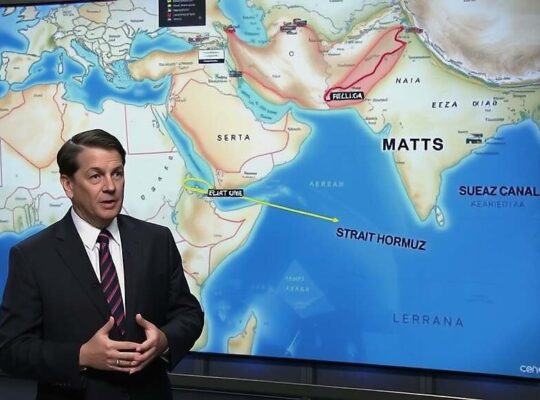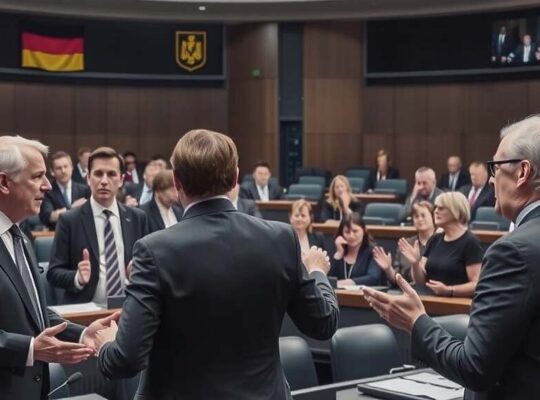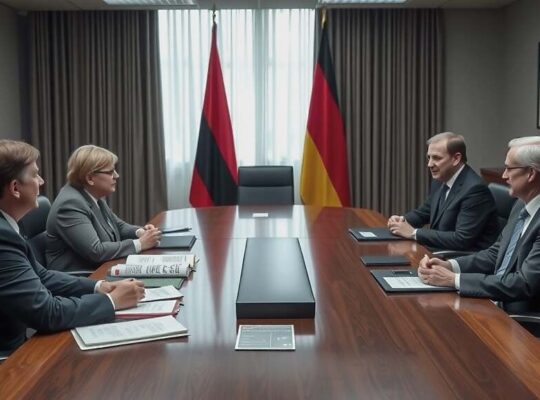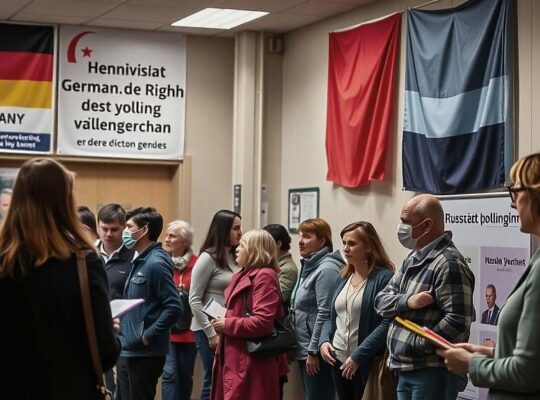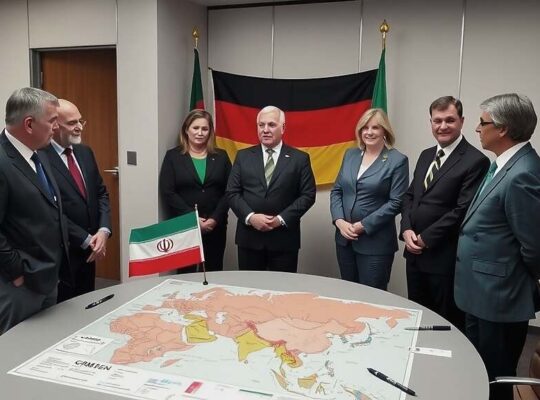The Federal Interior Ministry anticipates a continued heightened security situation surrounding Christmas markets this year, signaling persistent concerns over potential threats. A spokesperson for the ministry, speaking to “Handelsblatt”, emphasized that the Advent and Christmas season warrants “particular significance from a risk assessment perspective”. She cited the typically large crowds, central locations and open access as factors contributing to the heightened risk profile of these nationwide events.
Federal and state security agencies are reportedly factoring this assessment into their ongoing vigilance, continuously observing and analyzing upcoming events within their legal remit. However, responsibility for implementing specific police protection measures lies with the individual state police forces.
This division of responsibility has drawn criticism, particularly regarding funding and coordinated standards. Alexander Throm, interior policy spokesman for the CDU/CSU parliamentary group, acknowledged the potential value of shared concepts and standardization, but underscored the inherent differences in local conditions and traditions. He firmly asserted that decisions regarding market operation and security protocols, along with the associated financial burden, should remain the purview of the states and municipalities.
SPD interior policy representative Sebastian Fiedler corroborated the ongoing consultations with event organizers and fairground operators, noting a marked increase in security standards driven by the “very tense” security environment. He sharply criticized recent media reports suggesting widespread cancellations due to unmet security requirements, clarifying that the German Association of Fairground Operators has confirmed only a very limited number of smaller markets face cancellation. The issue highlights a broader debate over the balance between public security, economic activity and the potential for undue panic, raising questions about the long-term sustainability and political management of this annual security challenge.



